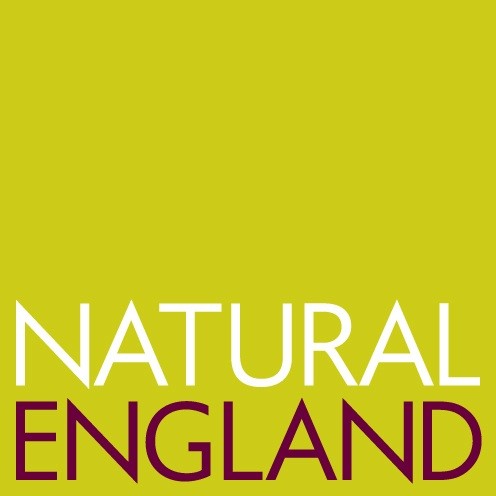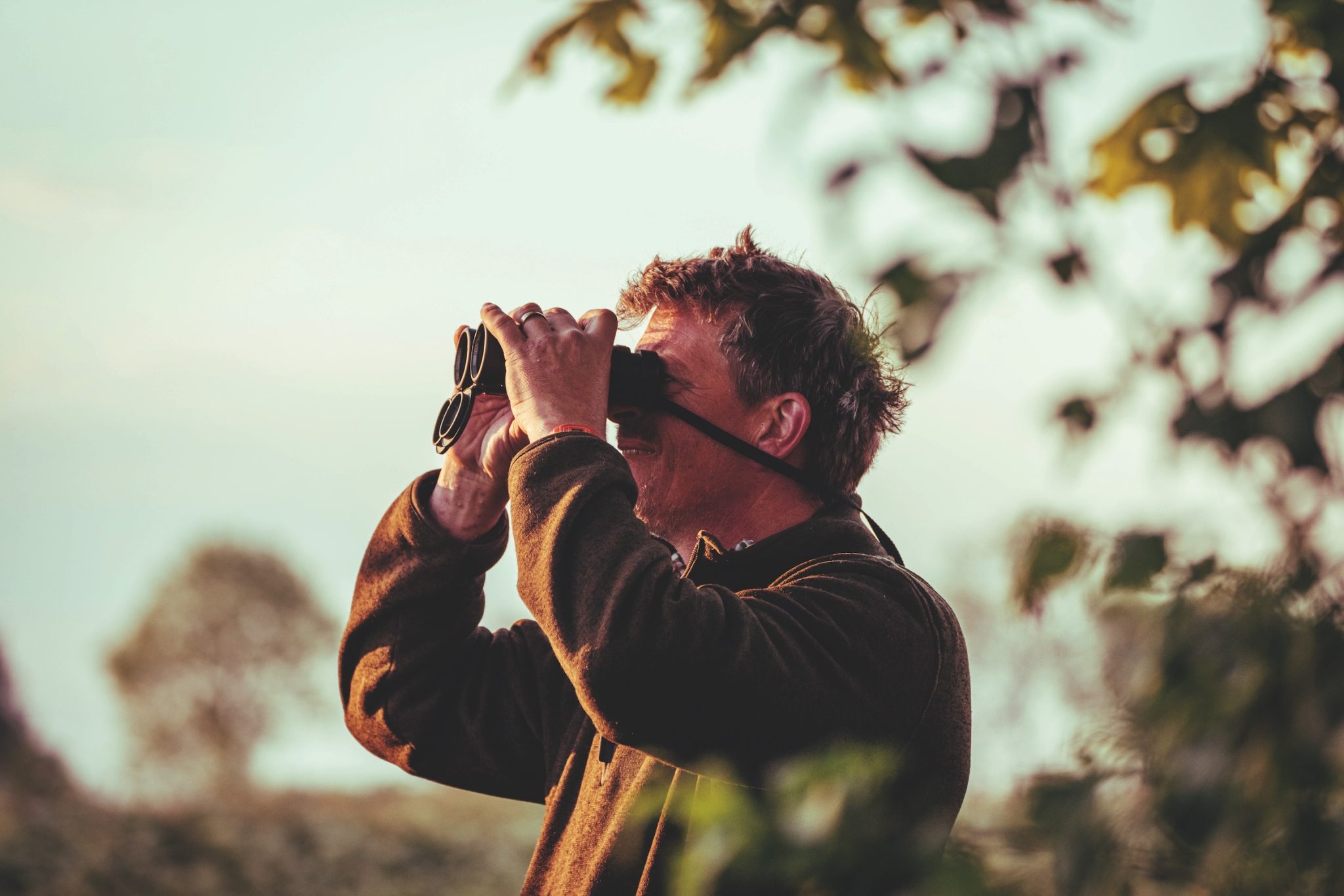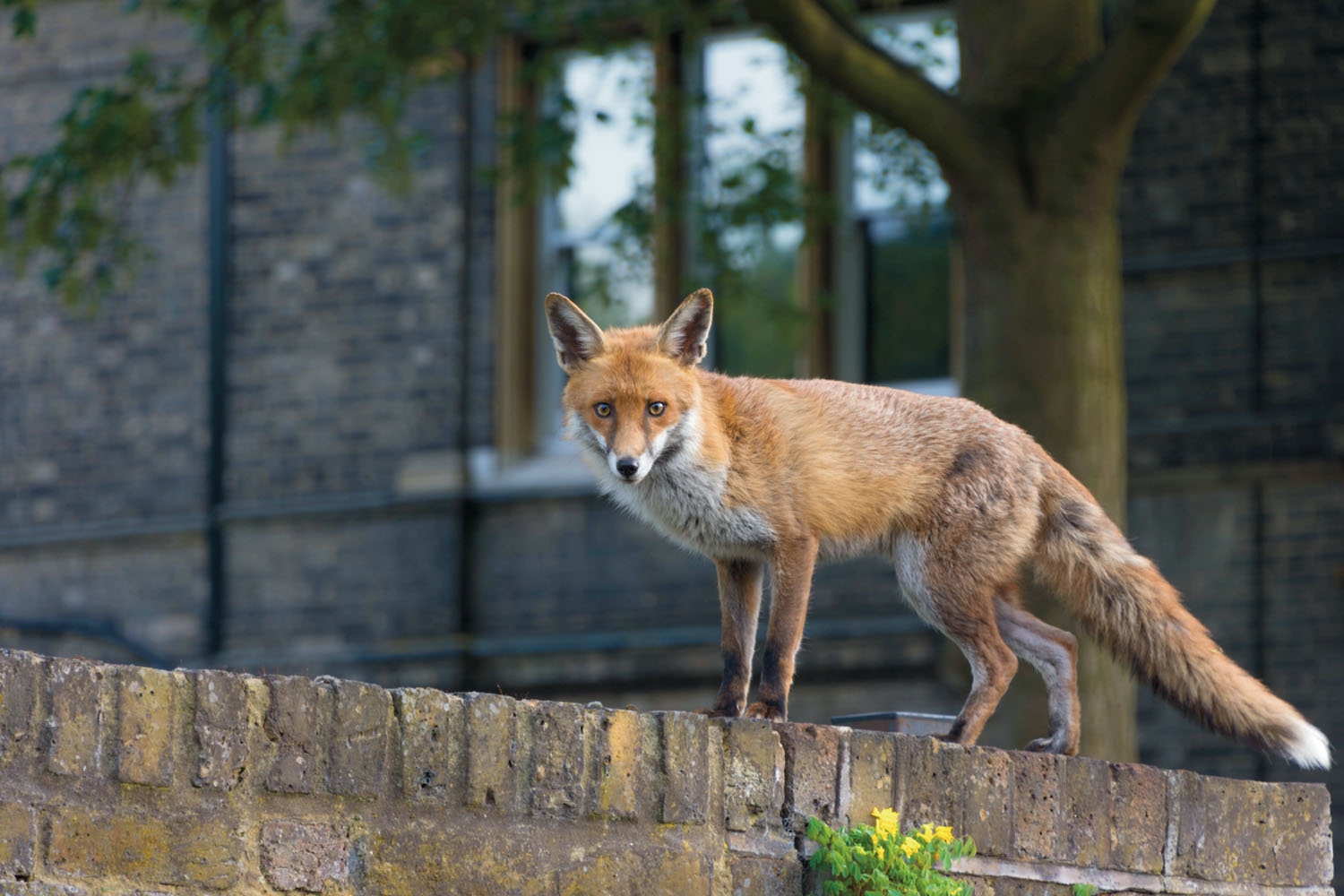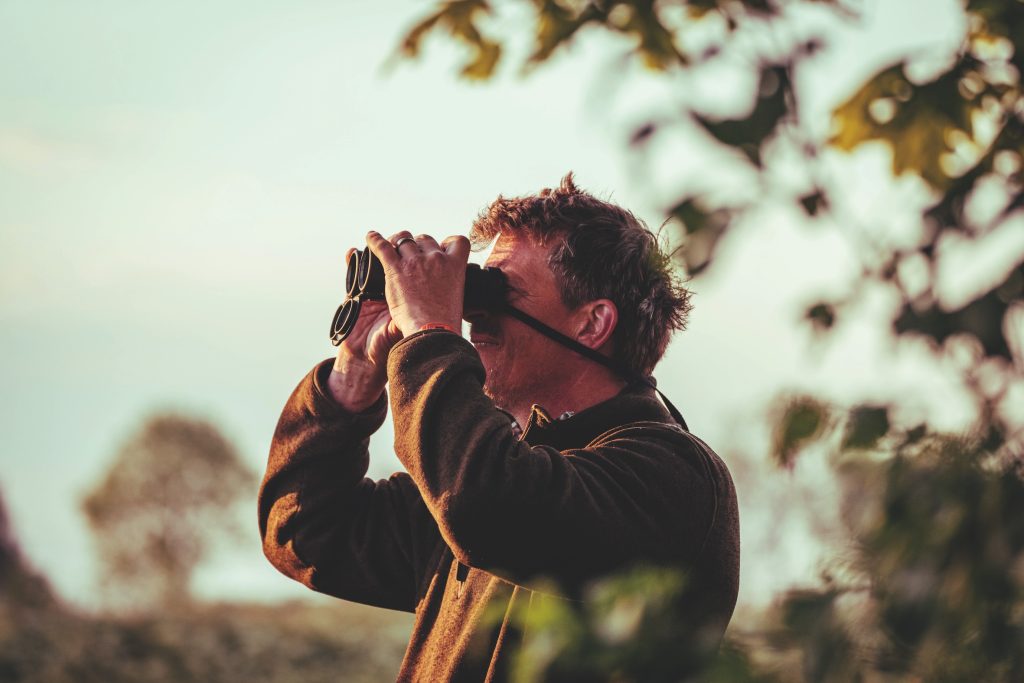★ Win a Schöffel Country shooting coat for everyone in your syndicate worth up to £6,000! Enter here ★
Non-native species increase
Species such as the Egyptian goose are predicted to increase in number and have the potential to disrupt local habitats unless action is taken to prevent them becoming established, according to Natural England (NE)

NEs new report, Horizon Scanning for New Invasive Non-Native Animal Species in England, was published on 22 May and identifies the potential for a number of non-native animal species to increase in number in England and become invasive. NE is hoping to identify potential problem species, so that early action can be taken to prevent their spread.
It is no exaggeration to say that our native wildlife is increasingly exposed to its own particular form of globalisation as non-native species gain a greater foothold, explained Poul Christensen, acting chairman of NE. He added: Non-native invasive species compete for food and habitat and sometimes carry viruses which our native wildlife often cannot fight off. This report highlights that new arrivals and the steady expansion of non-native species could have signifi cant impacts on native wildlife, disrupting the normal functioning of natural environment.
Related Articles
Get the latest news delivered direct to your door
Subscribe to Shooting Times & Country
Discover the ultimate companion for field sports enthusiasts with Shooting Times & Country Magazine, the UK’s leading weekly publication that has been at the forefront of shooting culture since 1882. Subscribers gain access to expert tips, comprehensive gear reviews, seasonal advice and a vibrant community of like-minded shooters.
Save on shop price when you subscribe with weekly issues featuring in-depth articles on gundog training, exclusive member offers and access to the digital back issue library. A Shooting Times & Country subscription is more than a magazine, don’t just read about the countryside; immerse yourself in its most authoritative and engaging publication.







